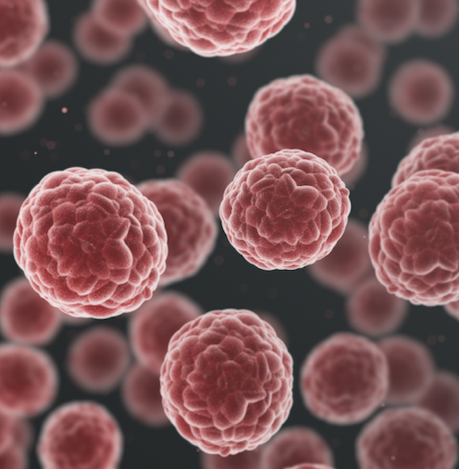Abstract
Melanoma
is one of the most aggressive forms of cancer. It originates from the skin, and
often metastasizes to vital organs and other tissues. A characteristic of
cancer cells is the presence of abnormal glycans, which are critical to the
progression and development of the cancers, and impact all virulent pathways.
Though the presence of abnormal glycans on cancer cells has already been
determined, there is not adequate knowledge on their ability to affect tumor
growth. FIU scientists
have identified glycans involved in the pathogenesis of cancers. More
specifically, ß-1,6 N-acetylglucosaminyltransferase 2 (GNCT2) and/or
I-branched glycans are present on cancer cells in melanoma and have been
identified to be involved in the spreading of cancers. Melanomas exhibit
significant transcriptional changes in glycosylation-related genes. The GCNT2
is downregulated in metastatic melanomas compared to normal human skin cells. The
FIU group has developed methods of using these glycans as biomarkers for diagnosing
and assessing cancer progression. Additionally,
studying the structure of GCNT2 will allow for the development of methods to
prevent and treat cancer.Benefit
Can regulate malignancy-associated pathways and alter melanoma signaling, growth, and survivalHelp stratify mid-stage melanoma patients into high risk or low risk categoryProvide additional pathological assessment to help guide treatment decisionsMarket Application
Staging of cancerCancer diagnosis and prognosisMonitoring effectiveness of therapy









